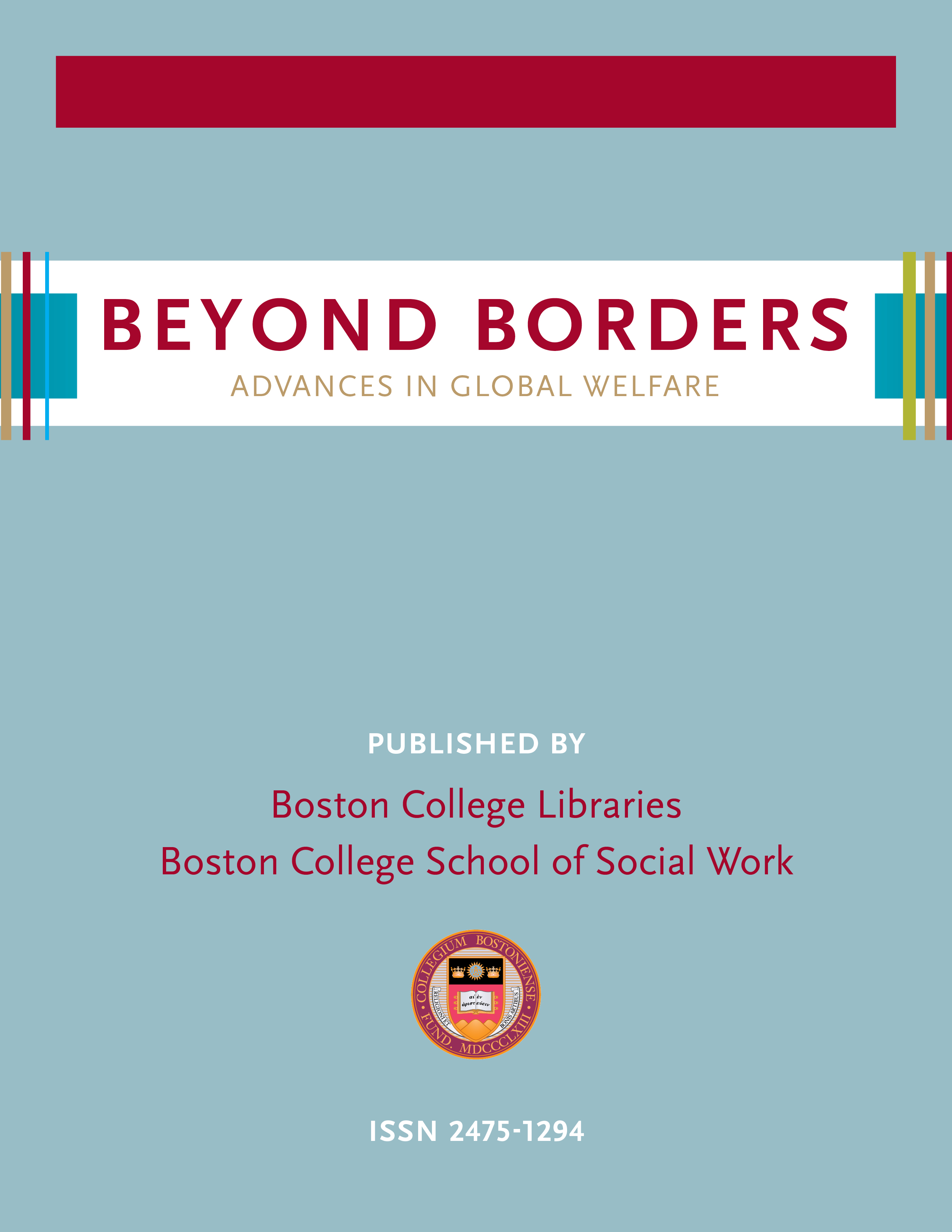The Perceived benefits of Fish Farming to Rural Communities: The Demotivating Factors of The Sector’s Development in Busia County, Kenya
Abstract
Fish farming has and continues to play a vital role in improving nutrition and creating employment. The sociological aspects manifest in the household as well as the community were the focus in the study aimed at establishing the households and group networks in the development of fish farming in Busia County. In as much as there has been heavy investment in the fish farming industry, there have been a number of bottlenecks that slacken development. This paper seeks to point out the impediments to relationship between the realization of perceived benefits sought and the development of fish farming. The theory of reasoned action by Fishbein and Ajzen (1975) was used to explain the sociological relevance of the study. A survey research design that is cross-sectional in nature was used. The target population was that of farmers who registered, were actively involved in fish farming, as well as a number whom through their own initiative, ventured into the enterprise. Eight key informants were selected for the study. This study used a mixed-methods approach. The main statistical test that was used was Chi-square goodness-of-fit. The study findings pointed to the lack of relationship between perceived benefits and the development of fish farming in Busia County. Further, possible explanations revolving around the societal setup were picked out as the issues elucidating this. The study recommended that key components on conflict resolution and functionality should be included in the training, to be applied at family level. This would enhance the synergy and efficient functioning of the families as sociological units in the optimal development of the sector.
Downloads
Published
How to Cite
Issue
Section
License
Please follow the link for more information regarding Copyright and License Information.

